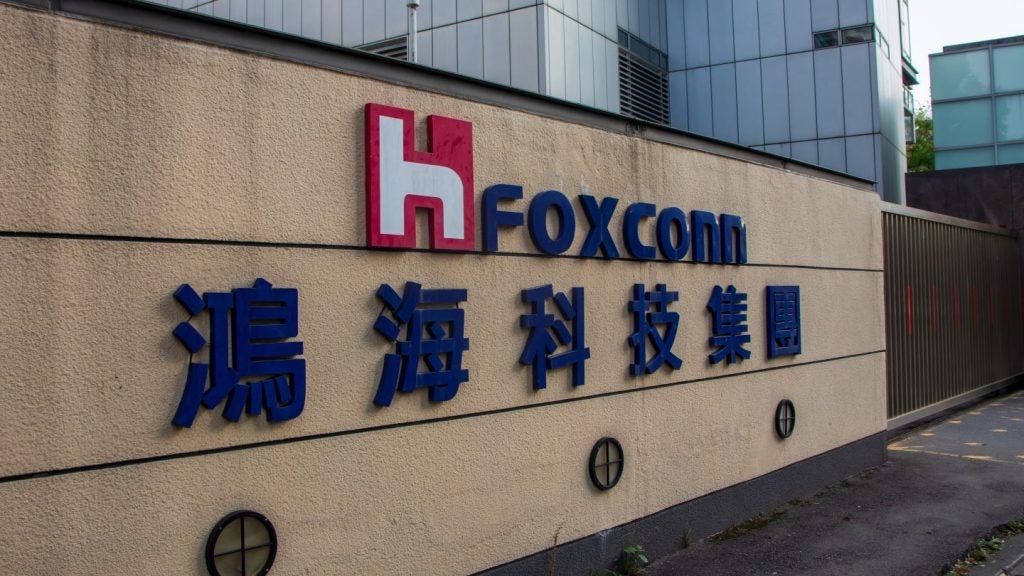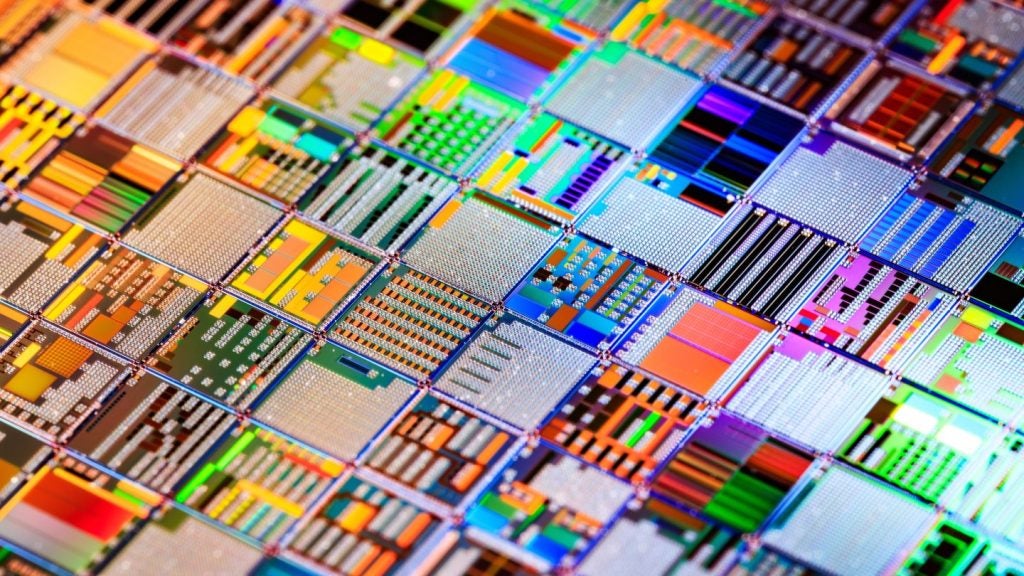
Generative AI publishing startup Inkitt has raised $37m in a Series C funding round to establish itself as an AI driven self-publishing platform.
The company is leading an effort to create a book market which it calls ‘reader driven’, using AI to create fiction based on users’ prompts and ideas. Writers can upload their manuscripts directly onto Inkitt to grow a following around their work with the goal of being offered a publishing contract by Inkitt’s sister app Galatea.
Dayal Patterson, author and owner of publishing house and record label Cult Never Dies, stated that AI was already having a tangible impact on creatives as companies are beginning to turn to AI rather than hiring musicians or artists to save costs.
“Right now, that is a false economy because AI art is still recognisable and leads to criticism online and, more importantly, already looks so dated that the designs won’t be sought after for use on merchandise and so on,” he stated.
But in a hypothetical future where AI and human are indistinguishable, Patterson admitted it would be a question of ethics about whether to publish human or computer generated prose.
Simon Larter-Evans, the principal of Tring Park School for the Performing Arts, stated that aside from the ethical question of what makes art art, it is interesting to see how generative AI can augment the human creative process for writers.
How well do you really know your competitors?
Access the most comprehensive Company Profiles on the market, powered by GlobalData. Save hours of research. Gain competitive edge.

Thank you!
Your download email will arrive shortly
Not ready to buy yet? Download a free sample
We are confident about the unique quality of our Company Profiles. However, we want you to make the most beneficial decision for your business, so we offer a free sample that you can download by submitting the below form
By GlobalData“Ideas have always stemmed from questions, and so perhaps the new creative art is in asking the kinds of questions that assist AI towards generating new ideas,” said Larter-Evans.
“At present, Gen AI is working from a bank of pre-existing ideas and manipulating them, building on the past,” he stated, adding: “If we see this as assistive augmentation, rather than as a replacement for human creativity, we could be in for a very interesting creative future.”







